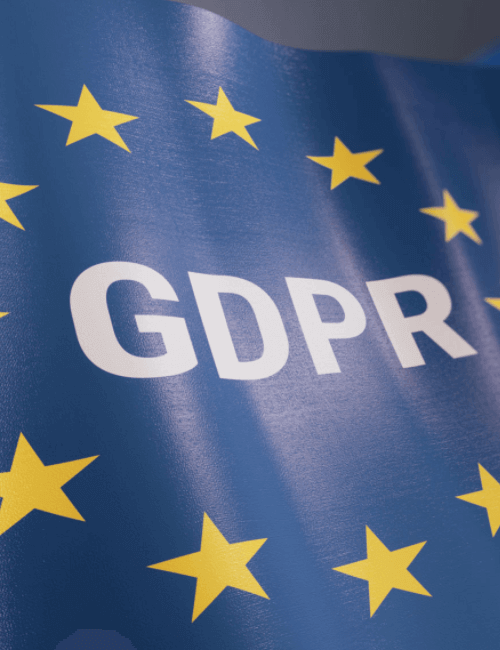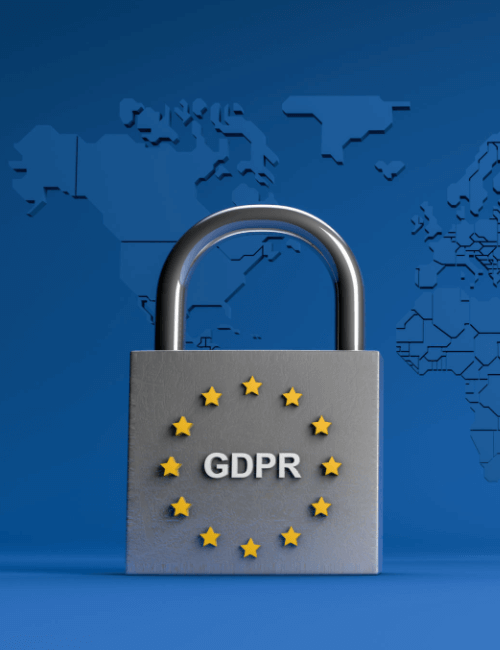Best GDRP Compliance Solution Company
The General Data Protection Regulation (GDPR) is what, exactly?

The General Data Protection Regulation (GDPR) is a piece of digital privacy law that controls how businesses gather, use, and safeguard the personal data of people living in the European Union (EU). The law also regulates the transfer of personal data beyond the EU.
By granting users (also known as data subjects) choice over how their personal data is collected, shared, and utilized, GDPR standards increase privacy rights. They have the right to: (a) have their personal information secured; (b) have it used lawfully and fairly; (c) have it updated if they request that the information be changed; and (d) have it made available if they request a copy.
The GDPR is a legislative framework that establishes rules for the gathering, processing, and transfer of personal data inside and outside the European Union.
Even if they are not based in the European Union, cloud computing enterprises must be GDPR compliant if they have a client base in the EU.
Infractions of the GDPR can result in severe fines of up to 4% of annual global revenue ( €20 million), a tarnished firm brand, and responsibility for compensatory claims. The rigorous regulations of the GDPR are unavoidable, not even for the best cloud service providers.
Searching for a hosting solutions supplier who complies with GDRP? Look nowhere else!
Why is GDRP important?
Among the principal GDPR criteria are.
Even if a cloud-hosted business is based outside of the European Union but promotes its services or goods to EU residents, it must comply with GDPR regulations.
- Eliminate Redundancies
- Obtaining user approval for data processing
- Data anonymization to preserve privacy
- Notifying of data breaches within hours
- Transferring data across borders in a secure manner
- Mandating the appointment GDPR compliance
Business Associates
According to GDRP regulations, a business associate is any company that comes into contact with PHI while working for a covered entity under a contract. Because there are so many different service providers that can handle, transmit, or process PHI, there are a tonne of instances of business partners. Billing companies, practise management companies, third-party consultants, EHR platforms, MSPs, IT providers, faxing companies, shredding companies, physical storage providers, cloud storage providers, email hosting services, attorneys, accountants, and many more are typical examples of business associates impacted by GDRP rules.











